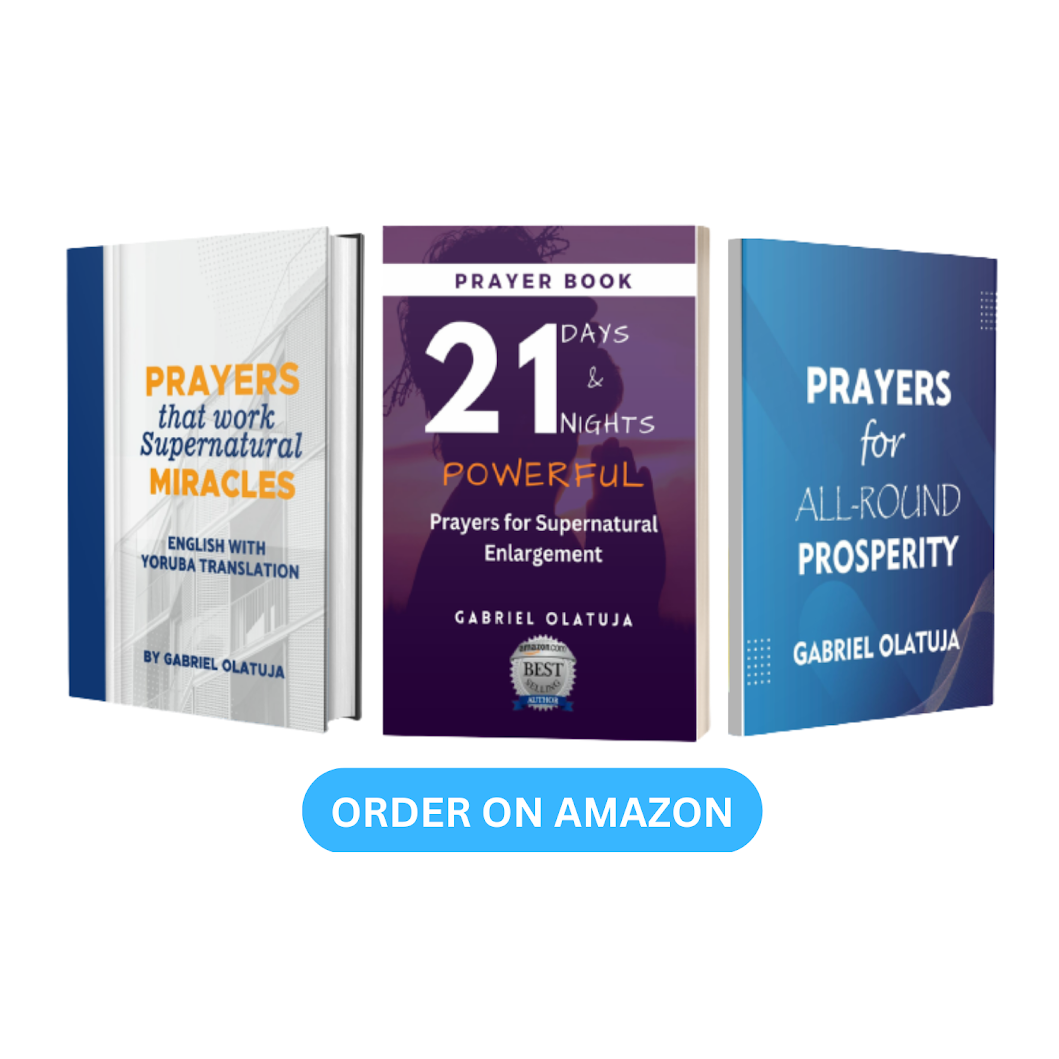Work-life
balance isn’t simply a matter of the number of hours worked in the week. In
fact, some research has shown that even in countries with shorter workweeks,
people can still feel a lack of work-life balance.
The number
of hours spent working is only one factor in the work-life balance equation.
Many people face the challenge of managing their time to accomplish
professional tasks while still having the bandwidth and energy to spend quality
time with family and friends.
We asked
professional women in the YALI Network about their perceptions on work-life
balance and how they balance a career with the other priorities in their lives.
Below is the advice they offer other women looking for ways to meet these
challenges.
What is work-life balance?
While
work-life balance looks different for each person, there is a general consensus
that at a minimum, it’s the ability to accomplish tasks or fulfill
responsibilities at work and in your personal life without feeling burned out. Burnout
— the emotional state that causes exhaustion, negative behavior toward others
and, often, doubt about the work itself — can affect up to 50 percent of
working professionals.
“It means
two separate worlds which meet within you, and each side is as crucial as the
other. Important values are honesty, accountability and transparency” with
others and yourself, says Lusekelo Mwalughelo of Tanzania.
As Leila
Ouedraogo-Tiam, from Burkina Faso, explains: “You have to make time for all
components of your life: work, family, leisure, community work and friends. The
most important values are moderation, compromise, achievement and pacing
oneself.”
Challenges of balancing a career
A natural
tendency for many professionals is to put more weight on the work side of their
lives, leaving their personal lives or health to suffer. Often, even when
they’re not in the office, professionals’ minds may still reel with tasks to
complete, ideas or other aspects of work.
When asked,
the women we spoke to unanimously said that it’s more likely that their time
spent shifts to their careers, leaving their personal lives to suffer. Feelings
of being overwhelmed or being work-centered prevailed, even if they’re out of
the office.
Finding support
Whether it
is sharing chores on a consistent basis, obtaining child care, or benefiting
from mentoring, to achieve balance, everyone needs a support system.
Ouedraogo-Tiam recalls her father’s words when she was growing up: “The first
husband of a girl should be her work.” However, she considers herself lucky now
to be surrounded by a strong support system and a husband whom she considers a
partner.
“My husband
values my job. As a professional himself, he knows how difficult it is to
manage two different schedules [professional and personal]. For example, he
will pick up the children at school, help with house chores, etc.,” she says.
For Happy
Kikwa of Tanzania, partnership and community are also key. She says: “There is
no ‘This work is for women and this work is for men’ in our house. We both
share chores equally. The community supports me by offering their time when I
need them, and that is the most rewarding feeling, because if anything happens,
before your other family members come, the community members are always one
call away.”
Managing personal and professional responsibilities
So how can
one manage the demands of being fully engaged at work and at home and with
herself? “The upside to work-life balance is that there is no right way to
accomplish it,” Ouedraogo-Tiam says. “It is a learning process.” And there are
plenty of tips to help you plan and manage your time. A few key points are to
plan out work and adapt as needed, define priorities, and communicate when help
is needed.
‘The most
important is not to lose yourself, but to take time for yourself’
Navigating
the balance of professional careers and personal commitments is difficult for
most (if not all) people at some point, but when asked for advice, all of our
contributors mentioned self-care — whether it is taking time to rest, learning
how you best prioritize goals, or staying focused:
“I feel like
other women should not punish themselves or make themselves feel like they can
do everything. It’s OK to do something one day at a time, and also they should
prioritize their professional life, but also they should not forget to have fun
and find self-love within them. Once one has self-love they will know how to
balance out everything, be it work, family and personal time.”
“One need[s]
to have a good timetable, which should include both professional and personal,
if possible. Learn how to prioritize. Whenever possible, they should find free
time for resting, being with their beloved ones/family as well as
studying/career development. It is important to live a life with purpose, so
balancing the two sides will not only create a legacy for you, but also it will
break the stereotype on women’s ability — kill them with success in both
personal and professionally, then bury them with a smile.”
“Sometimes
it is hard, but I would say success is not measured only by the beautiful
family we raised or the high-paid job we have. So it is important to take the
time to see how best we can juggle professionally and personally.”
“On one
hand, family is very important, especially if you have children. When you
neglect one area of your life, it will affect other areas of your life. We can
take the example of a parent who spends all his/her life at work, and one day,
when kids are all grown up, you are retired and you want to build a
relationship with your kids but it’s too late. You do not have the job you
dedicated your life to and your family has grown apart and, worst-case
scenario, your partner has moved out. On the other hand, the professional
aspect of your life is important as well, because it allows you to be
financially independent and enrich your personality. If you are at work and
cannot keep up because you are too concerned about what is going on in your
personal life during office hours, you will definitely make some mistakes, miss
big opportunities and career advancements, because your job is neglected and
diluted. It goes both ways. In any case, communication is the key, whether to
your partner, to your colleagues about plans, decision-making and next steps.
The most important is not to lose yourself, but to take time for yourself.”
Source: YALI
NETWORK
















0 comments:
Kindly comment here!